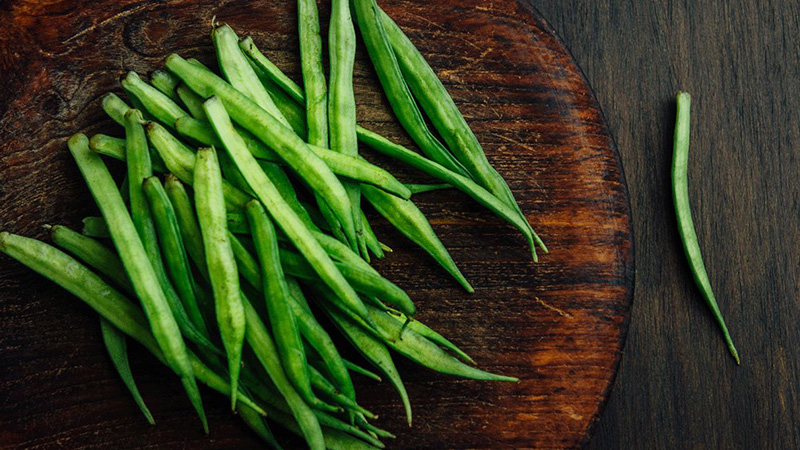Guar gum is a product that is extracted from the endosperm of the guar plant. For the last few decades, India is the largest producer and exporter of guar gum. It is mainly grown in parts of Rajasthan and Haryana. India has all the favourable factors to grow guar crops, making it the largest producer of guar gum. Guar plant has the ability to grow in several kinds of soils. The crop also improves the soil quality with the help of the nodules present in the taproots. Annually 1.25 million tons of guar gum is produced in India, contributing to 80% of global production, bringing in approximately $4.9 billion in exports. The majority of the guar gum manufactured in India is exported to South and North America (USA, Canada, Argentina, Brazil, Chile), Europe (France, Italy, Germany) African countries, and Australia. This additive reduces the reliance on synthetic gel agents which makes it safer and healthier to use.
Guar gum is used in various industries for numerous applications like food processing, construction, pharmaceuticals, pet food, and cosmetics. The additive acts as a binder and thickener. Due to its unique characteristics, the global demand for guar gum is high. The dominant demand for Guar gum is from the food and beverage manufacturers. It is used in the preparation of various substances:
• It is used in dairy products as a thickening agent and gives out a thick and creamier consistency to the products.
• This additive acts as a viscosities in pet foods which provides texture and natural fibre.
• Guar gum enhances the shelf life of beverages, packaged soups and noodles as they keep away the moisture.
Guar gum has also been praised for its purpose in the extraction of gas and oil drilling. The demand from this sector has played a major role in the hike of price. The oil and gas industries situated in North America use the commodity for fracking, a process to drill out shale gas. It acts as a surfactant, synthetic polymer and foam reliant agent which are ideal for drilling fluids. This recurring aspect has contributed to propelling prices at competitive levels.
Products attained from guar are categorised as mucilage and thickeners in the harmonized system nomenclature. This has led to a jump in the level of production as well as international trade. Indian manufacturers are able to provide qualitative guar granules at competitive prices to the global market. The price range of guar gum products goes hand in hand with the shift in dollar rates as 61% of the international demand is from the US.
While the growth of guar crops may have fluctuated with regards to climate change and prices recorded in the past few years, experts state that the commodity will hold up the market for a long time. This is likely to generate a long term call in the international market for guar products. The few challenges the guar industry have to face are:
• Turbulent production due to weather dependency.
• The yield per hectare can get affected due to monsoon variations.
• Misconception and negative lobbying in consumer trends.
Due to its increasing demand in the market, the Indian guar gum market has been flourishing intensively. This turns beneficial for the farmers in India (Rajasthan, Gujarat and Haryana). We at Sarda Bio Polymers promise top-notch guar gum powders that follow global practices. Our local specialties inculcate manufacturing trends that have garnered a place in the global market for the past 50 years. We make sure our customers reap qualitative results through our products.
